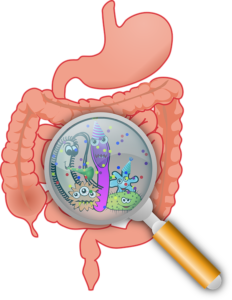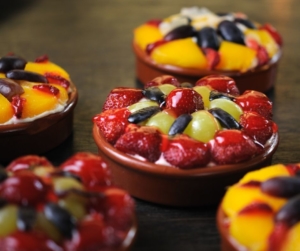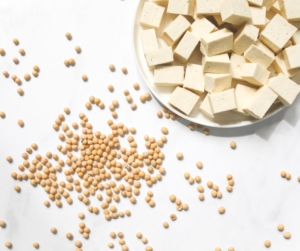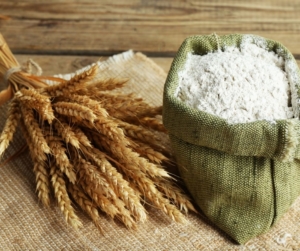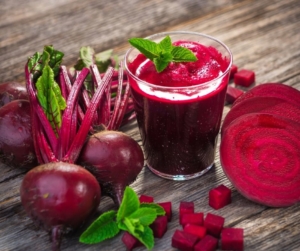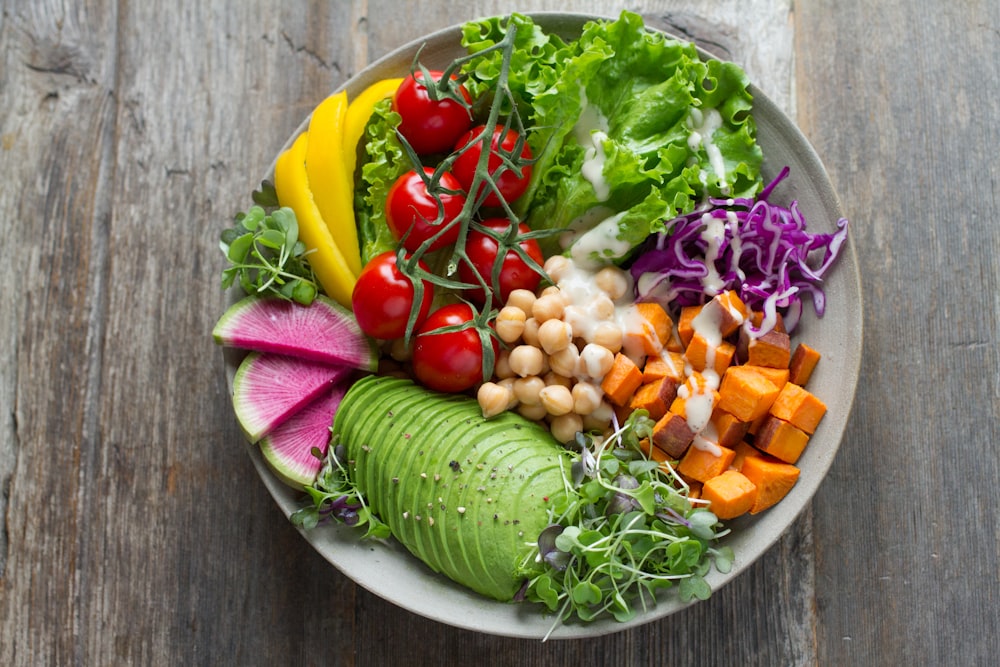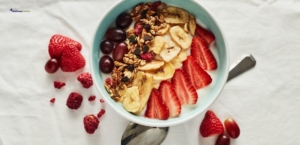To keep your immune system healthy here are some important tips for you:

Look after Yourself every day.
Give your immune system a head start by incorporating these healthy habits into your diet and daily lifestyle.

Eat Regularly.
Include protein with every meal.
Include complex carbohydrates and make sure you have regular meals.
Increase the water.
Water helps your mood and improves stress levels.
Reduce the alcohol it might help you today but in the long run, you’ll probably find yourself even more stressed.
Limit yourself to one-two serves at a sitting a couple of times a week.
Aim for at least two serves of fruit and three cups of vegetables daily.
Fill your plate with a rainbow of color to provide nutrients and antioxidants to help build strong immunity.
Lightly cooked vegetables are a nourishing option in winter.

Eliminate Inflammatory Foods.
Sugar, refined carbohydrates, dairy, and wheat can all be inflammatory and may suppress immune function.
Reduce caffeine and sugar and aim for well-balanced meals.
Avoid mucus-promoting, inflammatory foods such as dairy and processed foods.

Reduce Stress.
Stress steals energy and nutrients from your immune system, leaving you susceptible to getting sick.
Enjoy the benefits of scheduling time out, meditation, and time spent in nature.
We are well aware that many are suffering from stress at this time.
We also know that chronic stress can weaken viral immune defenses.
This is why taking measures to reduce stress and support your resilience to stress is highly advisable.
Put aside a few minutes each day to engage in something you enjoy.
Engage in something positive and uplifting like music, hobbies, and exercise.
This causes a change in brainwave activity and also changes your body physiology and reduces the stress burden.

Avoid Being Bombarded with Corona Virus information continually.
You cannot switch on the TV, the radio, or social media without there being a focus on Covid-19.
Try to steer the conversation with family and friends toward the positive.
Don’t get swept up in the negative hype.
Don’t stress over and obsess about the issue for six hours at a time.
It is serious, and we have to play our part, but we also need to get on with living.

Section Off Part Of Your Day for Updates.
In stressful situations section off a part of your day to deal with it and get on with the rest of the day.
Get up to date with the new government regulations then prepare for the necessary for the home.

Focus on Doing More Positive Things.
Playing board games with the family, playing with pets.
Focus on the music, on hobbies because you’ll now have more time
Especially the case if you are working from home.
Pick up an instrument, paint, be creative.
When watching movies make them comedies, let them be light-hearted, let them be uplifting and enjoyable not the horrors because this can stimulate stress.
Meditation can calm you down and improve your well-being. There are many apps to use.
Apps like calm, headspace, guided meditation.
Sleep Stories is an app, that I believe, can help you fall asleep.
There are many positive ways others are using to help adjust to their new way of life. Learn from them.

Sleep and Sleep Well.
Practice good sleep hygiene.
Wind down, and dim the lights at night.
You should expose yourself to 2 hours of dim light before bedtime, so that melatonin which is your sleep hormone can be produced.
Slow down and calm down.
Take up reading a novel, doing meditation, and trying to get away from the phone and digital equipment.
Try to get not less than seven hours of sleep.
The most beneficial sleep is that which you get before midnight so aim to get to bed at about 2 hours before midnight.
Should you find difficulty sleeping, you can call us on 9879 9596 to get our sleep tips.
Fight back and Stay Well.
Embrace immune-boosting Natural Medicines and let this be your season of change.
We can recommend a herbal or nutritional formula with antiviral, anti-inflammatory, decongestant, and immune-boosting power to support you if needed.

Exercise.
Exercise is known to improve your mood and your brain chemicals.
So try to increase your heart rate for 20 minutes three times a week. It’s even better to exercise in nature because this has proven benefits and calms you down.
Taking up yoga or tai chi would be beneficial. There are many YouTube videos on these topics.
Get outside and help some vitamin D to form naturally in your body. This can help improve your immune system.

Practice gratitude.
Focus on the positives of the situation.
Start with five things to be grateful for.
Stay connected with loved ones; do this through voice calls; facetime; house parties.
Our digital age means you can easily stay connected with friends and family and loved ones.
These are simple ways to help improve your mood.
It will keep your stress under control.
Doing these things go a long way in helping you take charge of your health.
Read more:
How to Strengthen the Immune System Naturally
Family Fitness
Why do I keep getting sick all the time?
Get in Touch
102A Oban Rd, Ringwood North, Victoria 3134
Phone (03) 9879 9596




